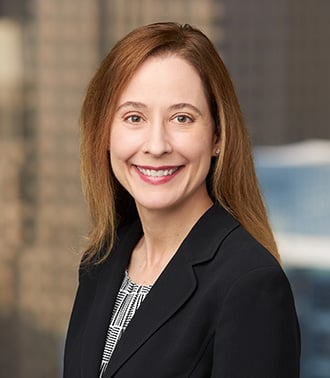A General Counsel’s Perspective on the Pandemic, Compliance, Investigations, and Tone at the Top
Day two of the ACI’s FCPA Conference featured a panel discussion with the general counsel from three companies—Cari Robinson of Revlon, Tony West of Uber, and Jennifer Zachary of Merck. Below we share a few highlights from the conversation:
- The responsibilities of a general counsel have expanded during the pandemic. In addition to the traditional roles they play in advising the business on litigation, compliance, and transactions, they are now playing a growing role in advising the business on HR-related issues, such as employee physical and mental health, work flexibility, and vaccine issues, and weighing in on whether the company should take positions on issues of broader social concern.
- general counsel greatly value outside counsel who take the time to understand their business, consider the company’s values when providing advice, and anticipate issues the company will face. Tony West noted that there are times companies may need to do things that are consistent with their values even if those things increase legal risk. The best outside counsel “can understand the full mosaic.”
- The panelists agreed that the pandemic has had both positive and negative effects on corporate investigations and expressed a desire for investigations in the post-pandemic world to capture the best of both operating modes. Remote interviews can save attorneys time and result in significant cost savings for companies from reduced travel expenses. However, the panelists recognized that due to technical challenges with document presentation and limits on assessing witness credibility over video, there is no replacement for in-person interviews, at least for some witnesses.
- With respect to the budgetary pressures caused by the pandemic, the panelists noted that cross-functional teams are an important cost saving measure. They all agreed that companies should be careful about scaling back compliance resources because “good compliance equals good business.”
- The panelists recognized the importance of looking for opportunities for junior attorneys to learn from senior attorneys in a remote setting.
- The panelists did not believe the pandemic has negatively affected their relationships with outside counsel. Some panelists said outside counsel were now more accessible to them, and they enjoyed seeing glimpses of their lawyers’ home lives on videoconferences. One of the panelists summed this up as “the great humanizer.”
When asked about how companies can foster the right “tone at the top” and “mood in the middle,” they expressed that credibility is key. Employees have to see leadership “walking the talk.” For example, while leadership should commit itself to encouraging diversity, actually tying compensation to DE&I metrics demonstrates that senior leaders mean what they say. The panelists also noted that transparency is important. For example, if a company issues a safety report, it should disclose both the good and the bad. Finally, they shared their view that the more senior leadership makes compliance part of the conversation, the more the message gets filtered down to middle management and to the employees who need to carry out the goals of the compliance program on a daily basis.
© Arnold & Porter Kaye Scholer LLP 2021 All Rights Reserved. This blog post is intended to be a general summary of the law and does not constitute legal advice. You should consult with counsel to determine applicable legal requirements in a specific fact situation.

